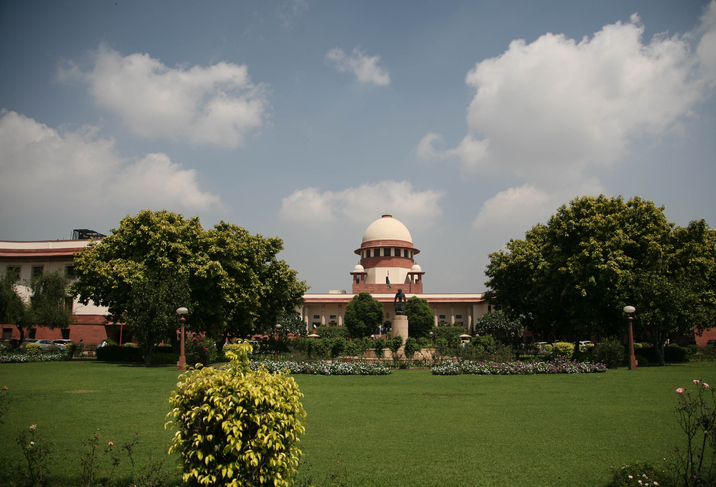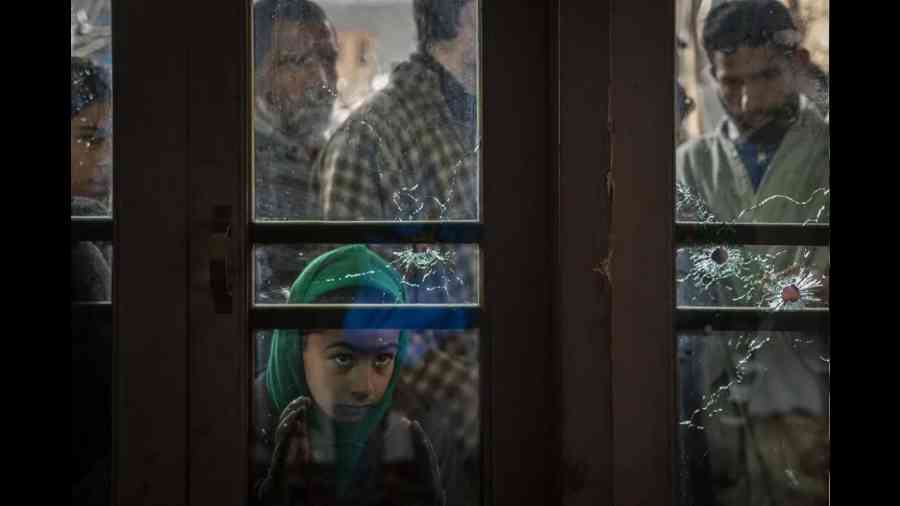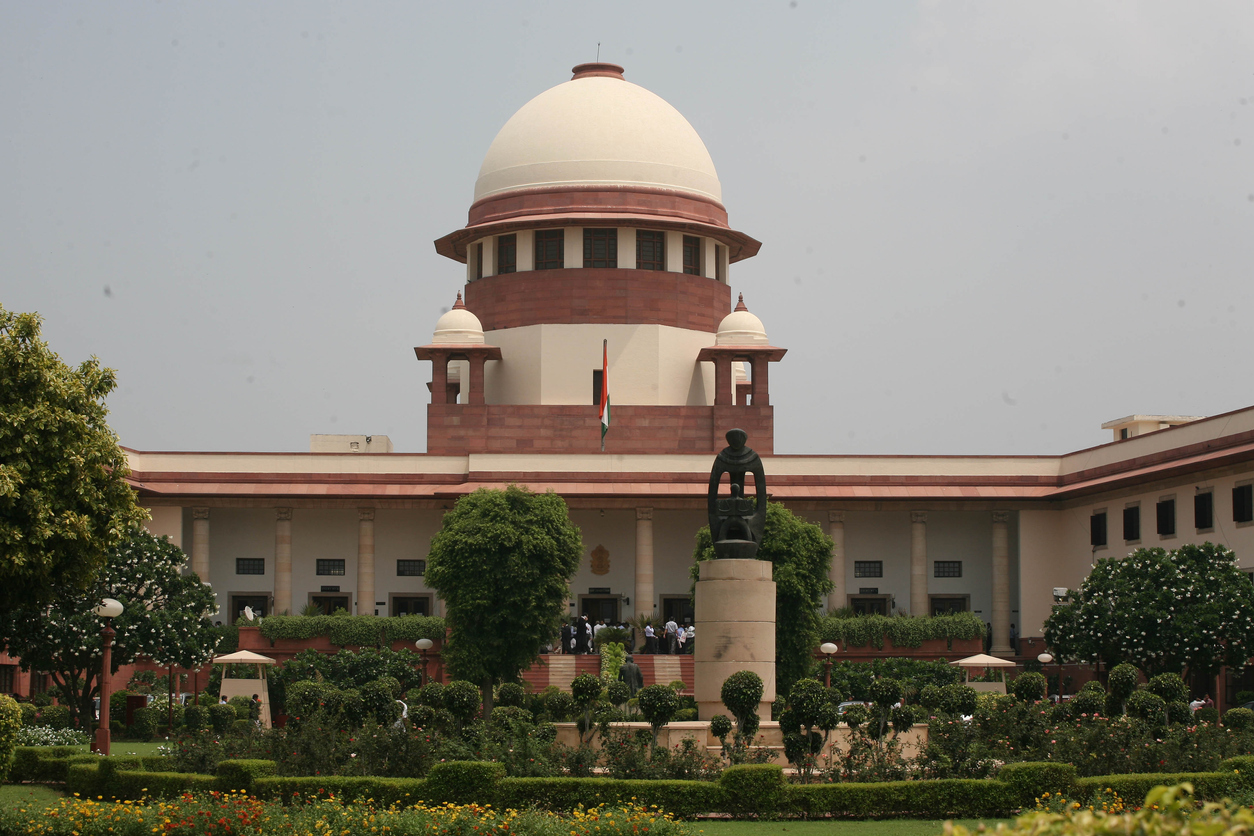
Testing the Boundaries of Free Speech, a 1969 Landmark SCOTUS Judgement Defined What Incitement To Violence Means
A half-a-century-old judgment by the US Supreme Court might help us find the road ahead
In recent months, the actions of the police as well as the judiciary in cases concerning protests against the CAA and the farm laws have raised concerns regarding unconstitutional invasion of free speech. At the same time, allegations also abound regarding speeches made by public figures that may have provoked or encouraged violence. A half-a-century-old landmark judgment by the US Supreme Court might help us find the road ahead.
During the 1960s, the US was experiencing one of the most divided phases of its history. As the Civil Rights Movement was getting stronger, many white Americans seeking to resist change were joining the Ku Klux Klan (KKK), a white supremacist group. It was in this climate that the US Supreme Court, through a judgment delivered in 1969, showed that even during the toughest of times, the judiciary must not forego its duty of affirming the right to free speech.
In 1964, a KKK rally was held in Hamilton County, Ohio. Clarence Brandenburg, a KKK leader, attended the rally and in his speech, made derogatory remarks against the Jewish and black communities. During the speech, he also indicated the possibility of “some revengeance” if the US president, Congress and SC were to continue suppressing the Caucasian race. Brandenburg was convicted under the Ohio Criminal Syndicalism Statute, 1919, on charges of advocating violence as a means to effect political reform and assembling with others to advocate criminal syndicalism.
In an appeal against this decision before the US Supreme Court, Brandenburg’s conviction was reversed on the ground that the Ohio statute condemning his actions impinged upon the right to freedom of speech and press, guaranteed under the First Amendment to the US Constitution. The Court stated:
“[T]he constitutional guarantees of free speech and free press do not permit a State to forbid or proscribe advocacy of the use of force or of law violation except where such advocacy is directed to inciting or producing imminent lawless action and is likely to incite or produce such action.”
The SC noted categorically that a statute which fails to distinguish mere advocacy from incitement to lawless action “sweeps within its condemnation speech which our Constitution has immunised from governmental control.”
One of the judges, Justice Douglas, criticised restrictions on the freedom of speech which were based on the perception that such speech presents a clear danger of unlawful activity. He found that any advocacy stems from beliefs and convictions, and though the government could regulate the manner of advocacy, such as place and hours of protest, it could not regulate the beliefs of an individual. Justice Douglas stated:
“One’s beliefs have long been thought to be sanctuaries which government could not invade. … The line between what is permissible and not subject to control and what may be made impermissible and subject to regulation is the line between ideas and overt acts.”
Justice Douglas even spoke of the distinction between the advocacy of forcible overthrow of the government merely as an abstract principle and the actual incitement to imminent lawless action, the former not being prone to prosecution. He did acknowledge that in cases where speech is combined with action, and both are inseparable, a prosecution can be launched for the overt acts actually caused. Justice Douglas rounded off his opinion by saying that “Apart from rare instances of that kind, speech is … immune from prosecution.”
Irrespective of the ideas Brandenburg expressed, the decision in this case holds contemporary relevance for India, given how divided the current social and political climate is. In the recent past, several activists have been prosecuted and incarcerated for taking up cudgels for the causes they believe in, which shows how easily beliefs can be criminalised and freedom of expression restricted. In a legal system where the process itself often turns into punishment for the accused, investigation and arrest premised on an individual’s beliefs can be categorised as, to borrow Justice Douglas’s words “notoriously unconstitutional”.
This article was first published in The Times of India as part of the series ‘Free to Air’ curated by Vidhi on landmark cases that have defined freedom of expression in democracies around the world.



